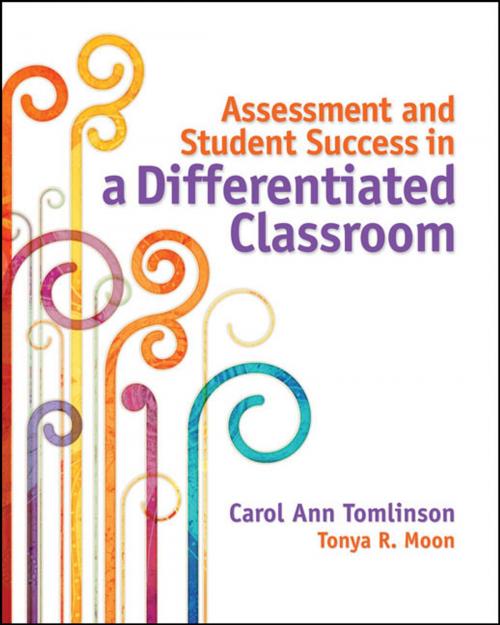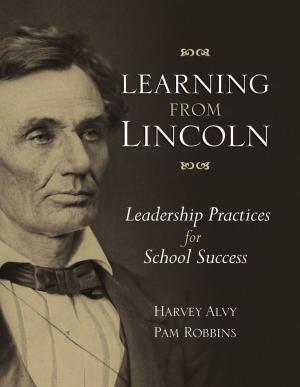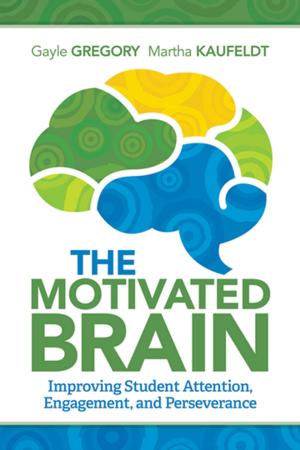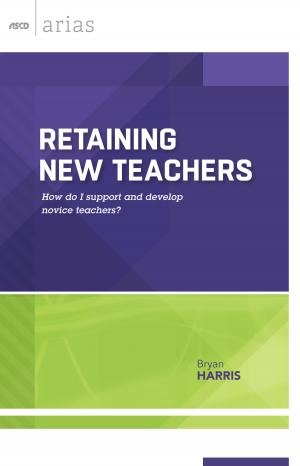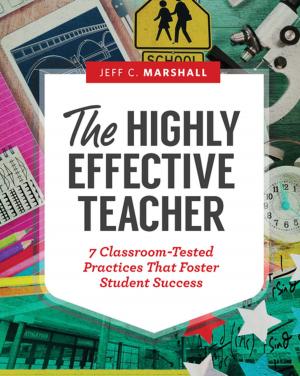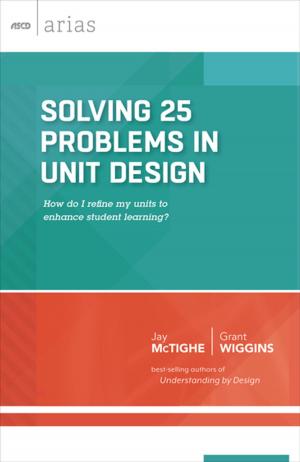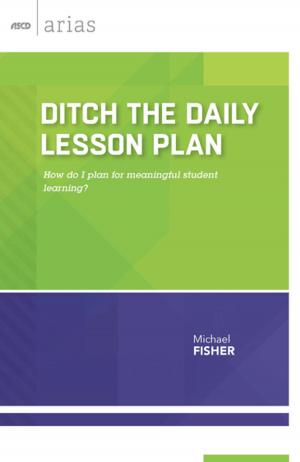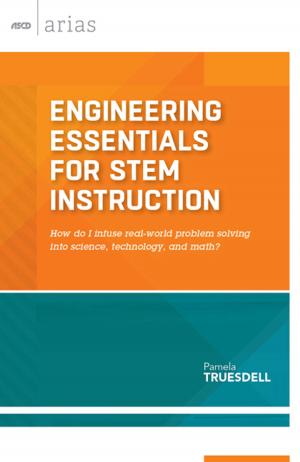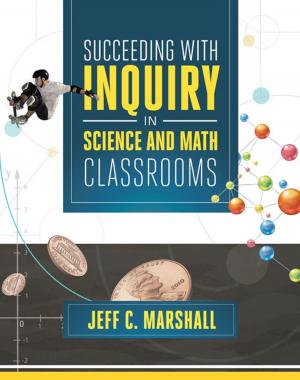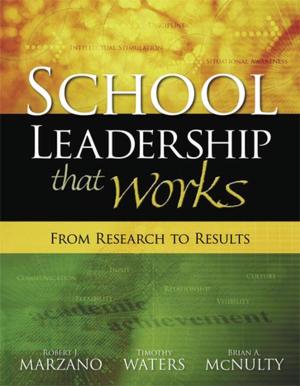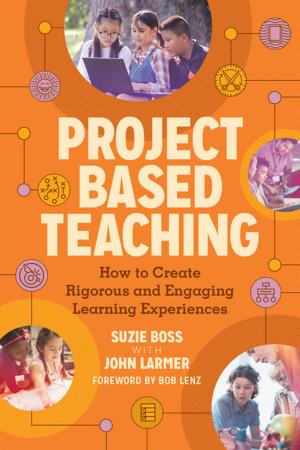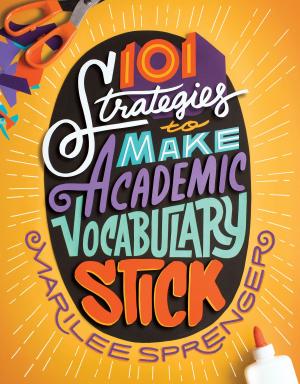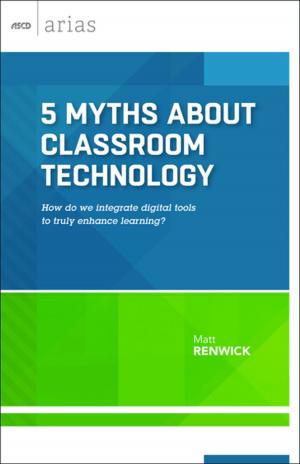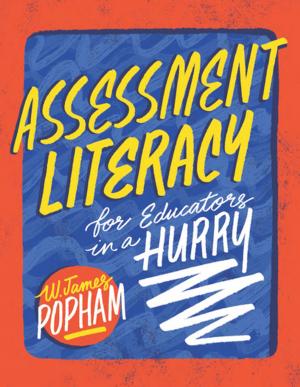Assessment and Student Success in a Differentiated Classroom
Nonfiction, Reference & Language, Education & Teaching| Author: | Carol Ann Tomlinson, Tonya R. Moon | ISBN: | 9781416617747 |
| Publisher: | ASCD | Publication: | September 5, 2013 |
| Imprint: | ASCD | Language: | English |
| Author: | Carol Ann Tomlinson, Tonya R. Moon |
| ISBN: | 9781416617747 |
| Publisher: | ASCD |
| Publication: | September 5, 2013 |
| Imprint: | ASCD |
| Language: | English |
Carol Ann Tomlinson and Tonya R. Moon take an in-depth look at assessment and show how differentiation can improve the process in all grade levels and subject areas. After discussing differentiation in general, the authors focus on how differentiation applies to various forms of assessment--pre-assessment, formative assessment, and summative assessment--and to grading and report cards. Readers learn how differentiation can
--Capture student interest and increase motivation
--Clarify teachers' understanding about what is most important to teach
--Enhance students' and teachers' belief in student learning capacity; and
--Help teachers understand their students' individual similarities and differences so they can reach more students, more effectively
Throughout, Tomlinson and Moon emphasize the importance of maintaining a consistent focus on the essential knowledge, understandings, and skills that all students must acquire, no matter what their starting point.
Detailed scenarios illustrate how assessment differentiation can occur in three realms (student readiness, interest, and learning style or preference) and how it can improve assessment validity and reliability and decrease errors and teacher bias.
Grounded in research and the authors' teaching experience, Assessment and Student Success in a Differentiated Classroom outlines a common-sense approach that is both thoughtful and practical, and that empowers teachers and students to discover, strive for, and achieve their true potential.
Carol Ann Tomlinson and Tonya R. Moon take an in-depth look at assessment and show how differentiation can improve the process in all grade levels and subject areas. After discussing differentiation in general, the authors focus on how differentiation applies to various forms of assessment--pre-assessment, formative assessment, and summative assessment--and to grading and report cards. Readers learn how differentiation can
--Capture student interest and increase motivation
--Clarify teachers' understanding about what is most important to teach
--Enhance students' and teachers' belief in student learning capacity; and
--Help teachers understand their students' individual similarities and differences so they can reach more students, more effectively
Throughout, Tomlinson and Moon emphasize the importance of maintaining a consistent focus on the essential knowledge, understandings, and skills that all students must acquire, no matter what their starting point.
Detailed scenarios illustrate how assessment differentiation can occur in three realms (student readiness, interest, and learning style or preference) and how it can improve assessment validity and reliability and decrease errors and teacher bias.
Grounded in research and the authors' teaching experience, Assessment and Student Success in a Differentiated Classroom outlines a common-sense approach that is both thoughtful and practical, and that empowers teachers and students to discover, strive for, and achieve their true potential.
